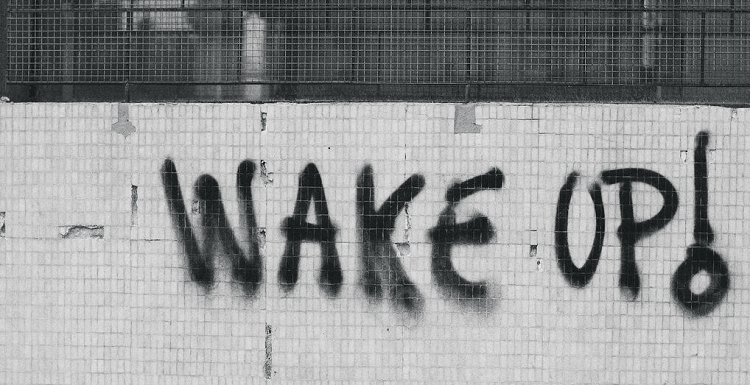More bad news for the beleaguered banking industry – Banking industry hit by disruption
The potential for disruption is strong across the entire banking industry value chain
Today, it seems like big banks and corporations are constantly in the news. With the recent financial crisis, there have been massive government takeovers as well as buy outs from other banks.
But there’s more bad news for the beleaguered banking industry, and it has nothing to do with regulatory scrutiny or shareholder displeasure.
Banking is at the highest risk of disruption
People no longer need to go into banks to deposit checks and pay bills. With online banking becoming a preferred method for many people, there is less of a need for physical banks.
But there is more  disruption to come. It is predicted that within five years half of today’s smartphone users will take advantage of phones and mobile wallets as their preferred form of payment method.
disruption to come. It is predicted that within five years half of today’s smartphone users will take advantage of phones and mobile wallets as their preferred form of payment method.
A mobile wallet is essentially a connection between your payment details and your smartphone or tablet device where funds are taken from your accounts and then digitally sent for in-store purchases.
Interest in mobile wallets is not what worries banks. A host of traditional banks are exploring offering mobile wallets. What is troubling is the willingness of consumers go outside the traditional banking establishment for making payments.
Even more disruption is coming to banks
In a world where everything is being unbundled, allowing consumers to pick and choose from things like television shows, financial services are becoming à la carte, as well. People, particularly millennials, are moving away from single monolithic banking institutions serving the majority of their financial needs to hand picking the specialized services that work for them.
Now start-ups are allowing people to take control of every individualized aspect of their finances. Beyond giving consumers control and options, many of these services are removing the friction of engaging in financial transactions and lowering the barriers to entry. It’s now as simple as a few taps on a mobile device to pay bills, transfer money and manage investments.
Banking
Services like Simple and Moven aim to eliminate banks altogether by providing banking without any fees.
Money transfer
Venmo, PayPal, Google Wallet and Snapcash are just a few of the services that allow consumers to pay for goods and services or transfer money to friends and family.
Wealth management
Acorns, Betterment, Wealthfront and Robinhood allow consumers to invest their money where they want it with free stock trades, portfolio management tools and automated investing based on their goals.
Silicon Valley is coming
In JPMorgan Chase annual letter to shareholders, CEO Jamie Dimon’s warned that “Silicon Valley is coming”:
There are hundreds of startups with a lot of brains and money working on various alternatives to traditional banking. The ones you read about most are in the lending business, whereby the firms can lend to individuals and small businesses very quickly and – these entities believe – effectively by using Big Data to enhance credit underwriting. They are very good at reducing the “pain points” in that they can make loans in minutes, which might take banks weeks. We are going to work hard to make our services as seamless and competitive as theirs.
Missed the digital boat
The finance players are vulnerable – even if they don’t want to see it – in the same way as many traditional bricks and mortar were vulnerable and missed the digital boat. Expect the banks to go through a decade now that will change their industry as much as the last 10 years has done for so many other sectors.
Short URL & title:
Banking industry hit by disruption — https://www.torbenrick.eu/t/r/bhj
Share it:
If you enjoyed this article, please take 5 seconds to share it on your social network. Thanks!








I don’t think the word disruption is correct. The banks will probably loose some money from fees, some front desk employees will be fired. No big deal. They’ll overcome it – they’ll just figure out new ways of squeezing money out of their customers.